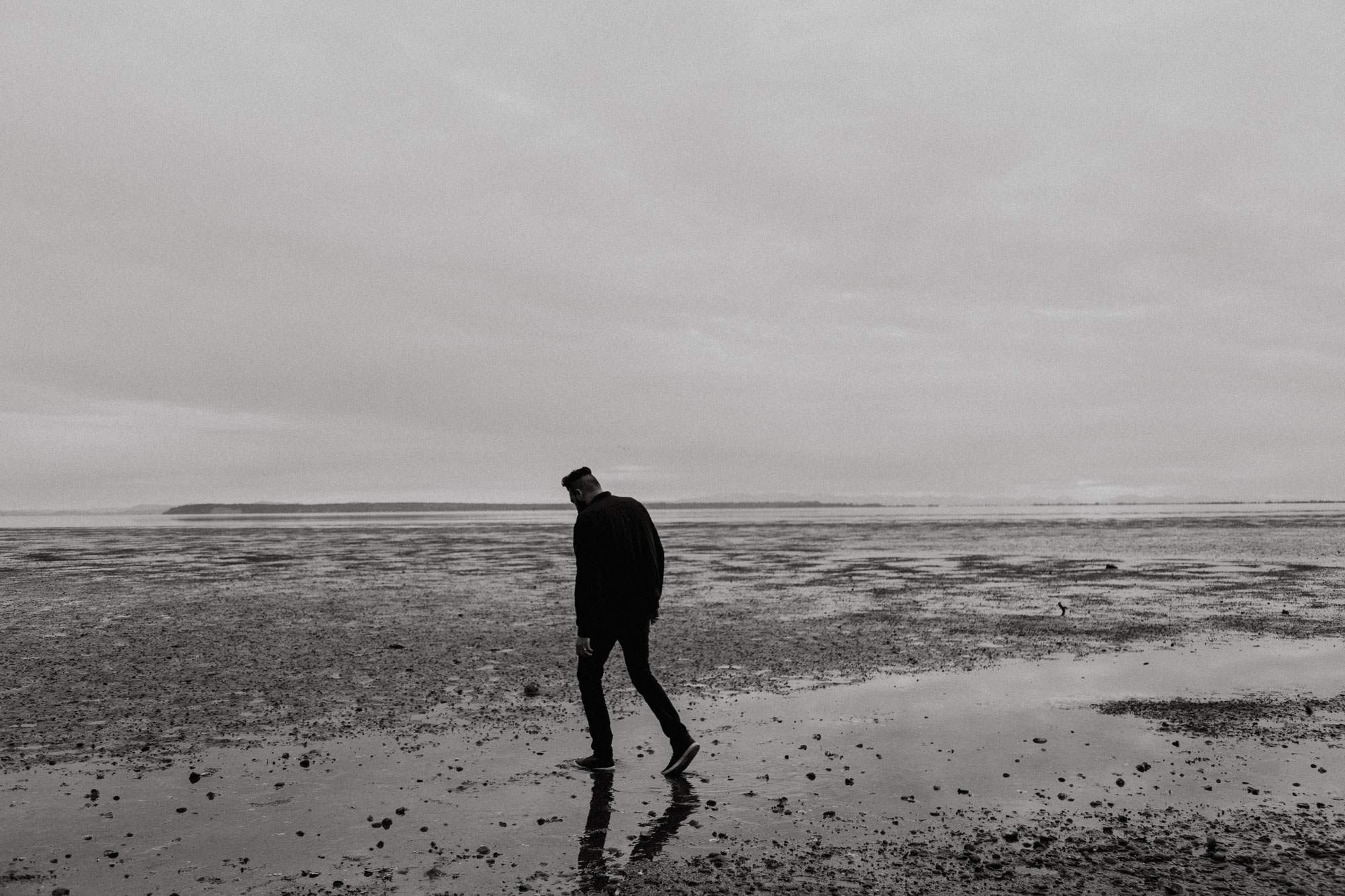Anxiety is the dizziness of freedom. —Søren Kierkegaard
If you listen to much of the advice dispensed by friends, advisers and online gurus for people who are overwhelmed and stressed out, the standard tips for beating your crazy busy life often sound like this: (1) get an adequate amount of sleep each night; (2) engage in regular physical exercise; and (3) maintain health in your most important relationships.
All of that is really solid advice.
There are only a few problems with it. First, you already know all that. Second, if that’s all it took, you could be in a state of bliss tomorrow. And third, even when practiced, those three therapies barely take the edge off. Even decently rested people who have friends and can bench-press a tiny house are still stressed out.
So your struggle continues.
Another regular piece of well-intentioned advice is to take more time off. Make sure, the gurus say, that you get a regular day off each week, or take the full weekend. Recharge and renew. Others will add that you should take all your vacation time, and if you happen to be one of the lucky ones who gets four weeks of paid vacation, that’s a pretty sweet deal. Again, hat tip to people who take their days off. That’s a really good idea.
If you work for a really progressive company or nonprofit, maybe they’ll even give you a sabbatical. Then, once every seven years, you get to leave (probably exhausted) for a few months off, live a temporarily magical life in some villa in the South of France overlooking the Mediterranean where you can buy fresh macarons at the pâtisserie every morning, only to interrupt the bliss to head back into life in the suburbs, where you’ll quickly grow resentful of your next seven years.
I’ve often been puzzled by why sabbaticals, long vacations, proper sleep, and even exercise rarely solve the problems of burnout and perpetual overwhelm.
Here’s why.
Time off won’t heal you when the problem is how you spend your time on. To think that a few days off here, or a few months off there, are going to resolve the issues created by a perpetually overwhelming life is ludicrous, when you state it that plainly. And it leaves you still longing to be somewhere else. You’ll spend your life working for the weekend. Living for time off is just another form of escaping.
Days off, vacations, and even sabbaticals aren’t a complete solution for an unsustainable pace. A sustainable pace is the solution for an unsustainable pace.
Excerpted from “At Your Best: How to Get Time, Energy, and Priorities Working in Your Favor”
Copyright © 2021 by Carey Nieuwhof. Used by permission of WaterBrook, an imprint of Penguin Random House LLC.
Do Good:
- Read “At Your Best: How to Get Time, Energy, and Priorities Working in Your Favor” (WaterBrook, 2021) by Carey Nieuwhof.
- How do we treat everyone with love and kindness, as if they were our neighbor? Get the Do Good Family Roadmap and take a 4-week journey for families in how to be a good neighbor. Follow the guide to see what the Bible says about the art of neighboring and take tangible steps together on your printable roadmap to be a caring, helpful, welcoming and supportive neighbor right where you are.
- You’ve probably seen the red kettles and thrift stores, and while we’re rightfully well known for both…The Salvation Army is so much more than red kettles and thrift stores. So who are we? What do we do? Where? Right this way for Salvation Army 101.











